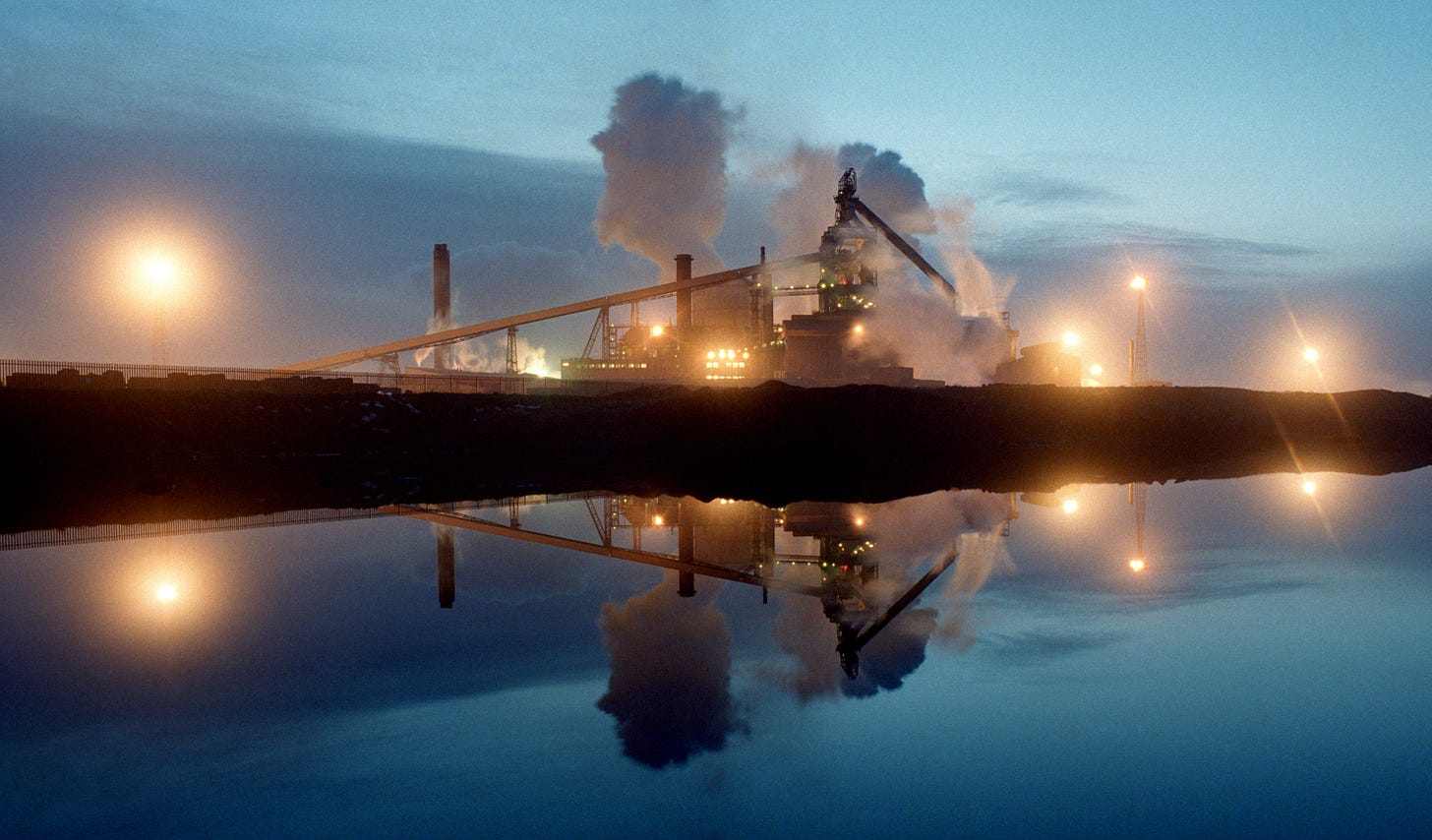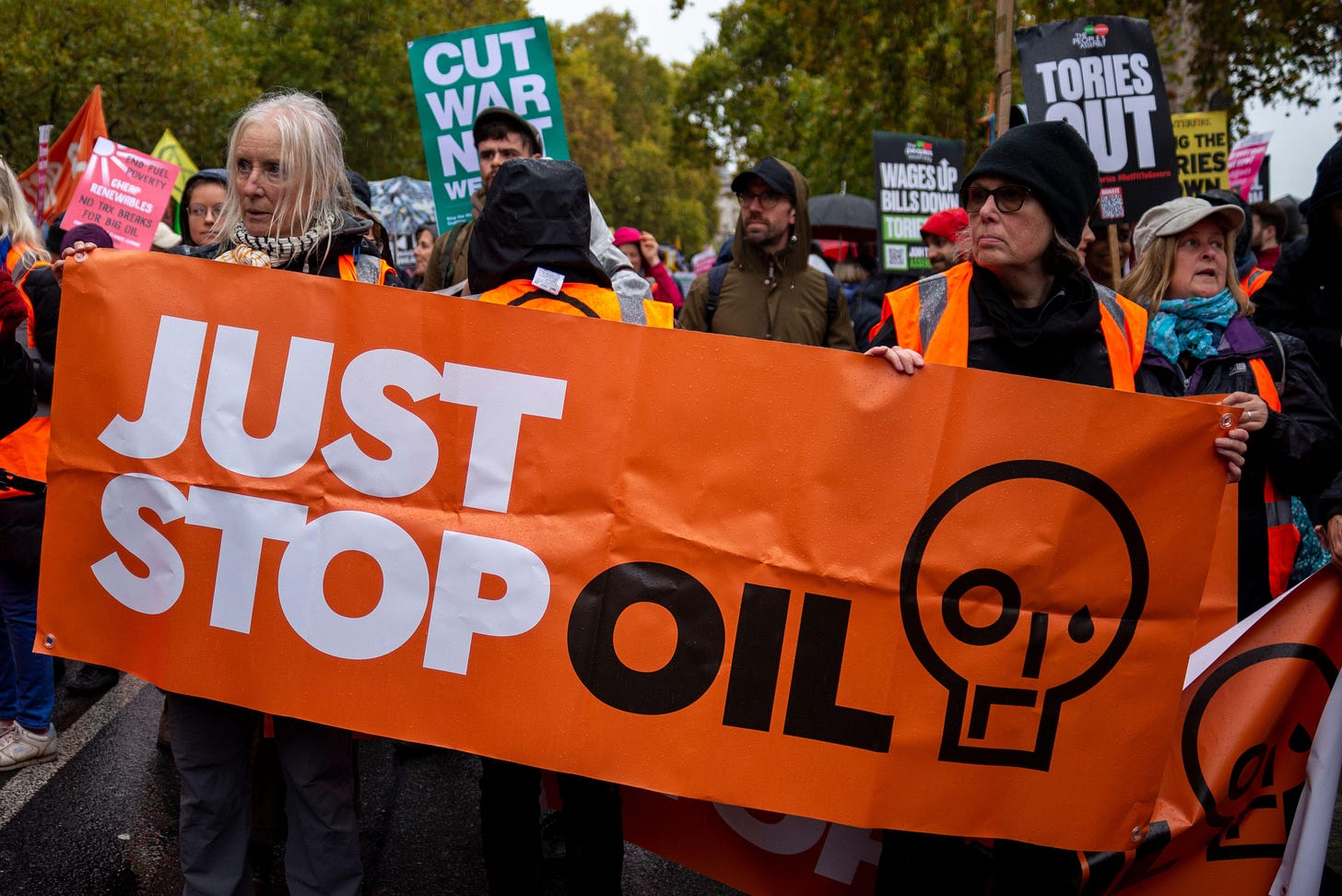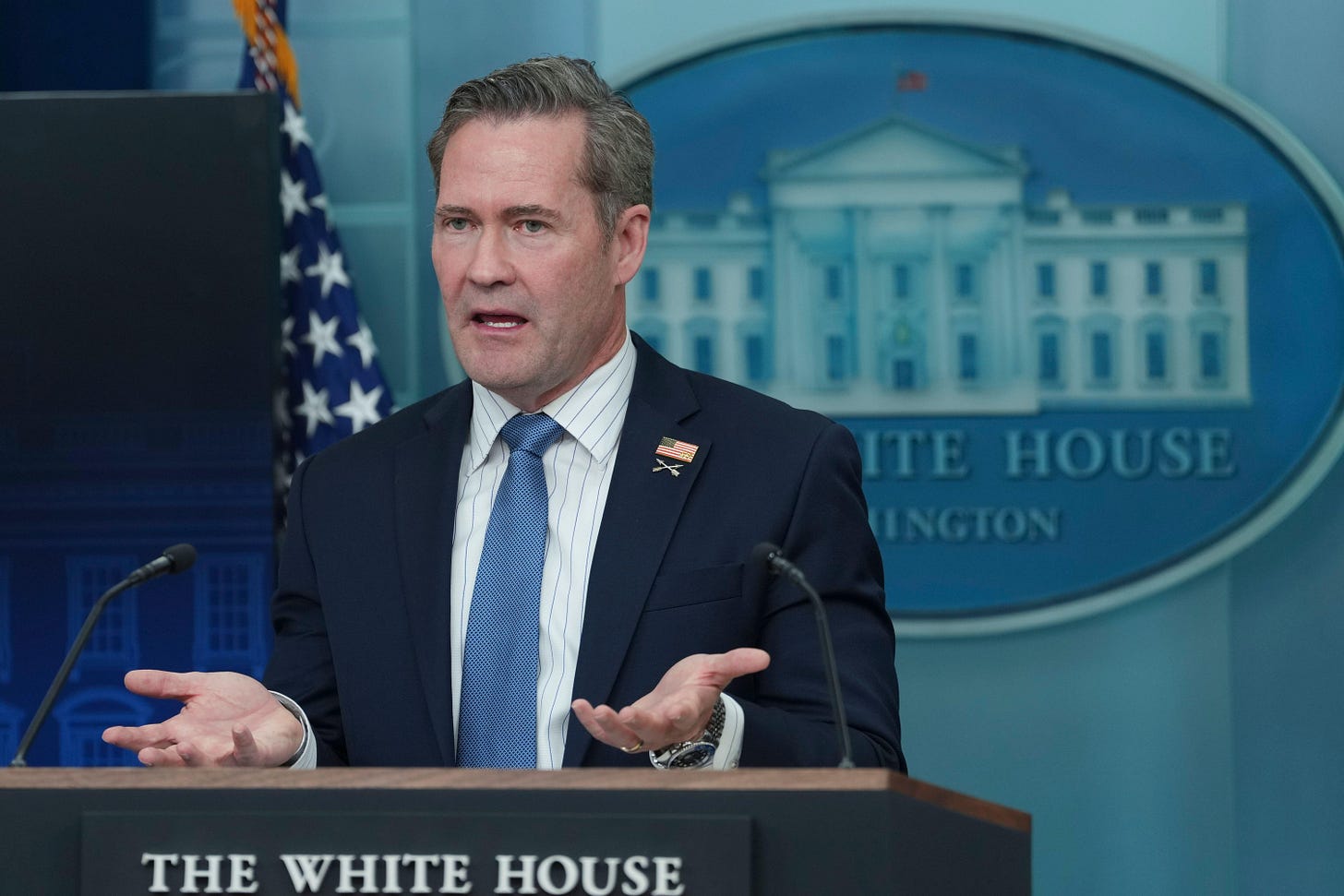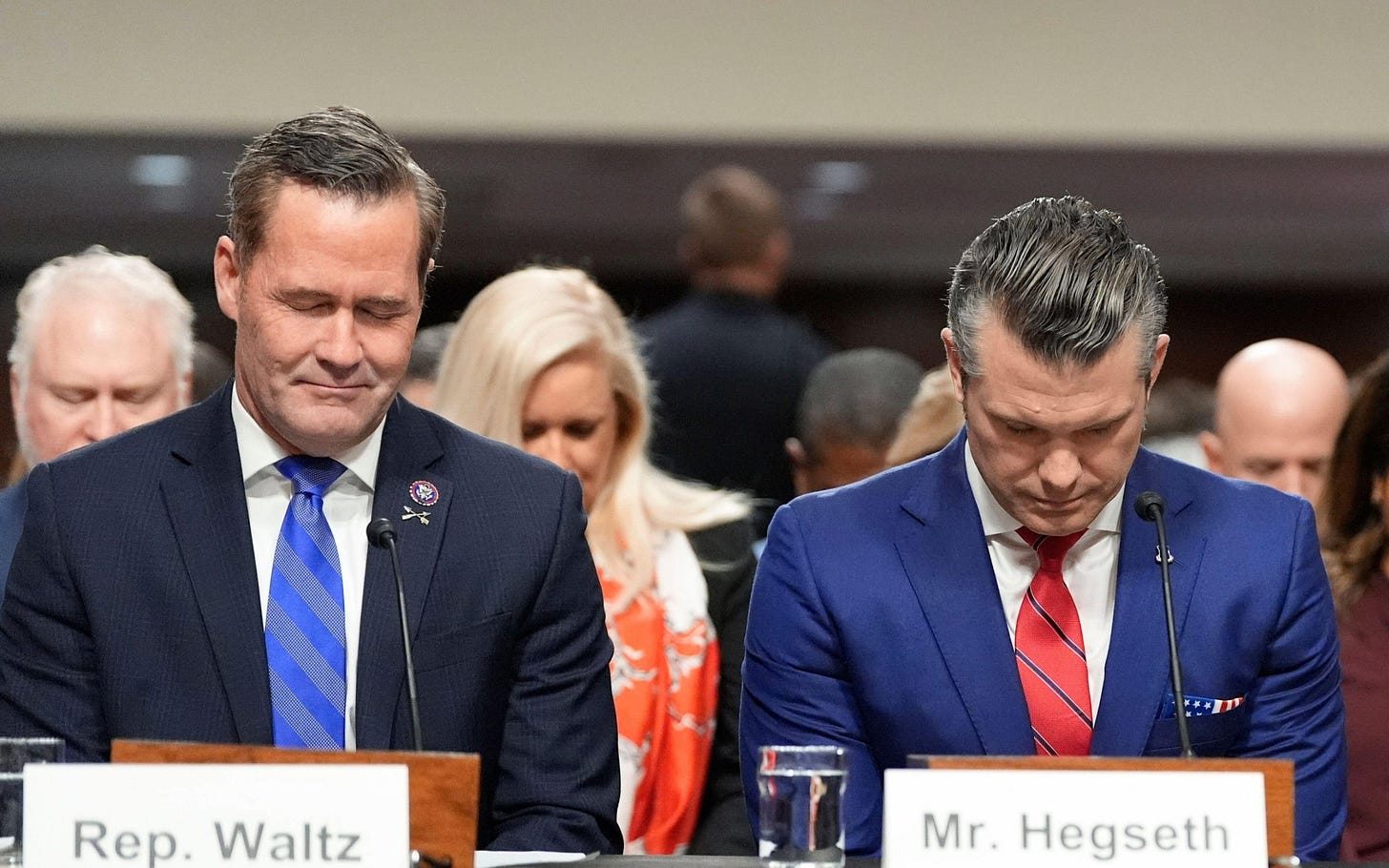
What's really driving Britain's steel crisis
Why has the UK allowed such a vital strategic asset to be foreign owned, leaving taxpayers at the mercy of international conglomerates?

Hot on the heels of Rachel Reeves declaring in her Spring Statement that Britain is set to become a “defence industrial superpower”, there came the news that British Steel is set to close its Scunthorpe blast furnaces, ending centuries of steel-making in the United Kingdom country with the loss of thousands of jobs.
As expected, the threat prompted uproar from unions and politicians alike. How can any sophisticated economy claim to be a superpower if it doesn’t have the capacity to make the most basic commodity such as steel?
Why has the UK allowed such a vital strategic asset to be foreign owned, leaving taxpayers at the mercy of international conglomerates? And how can such an important commodity as steel be replaced by vulnerable foreign imports? These are valid questions.
Yet the truth, as always, is far more complicated. The reality is that the UK has not had a significant steel sector for decades, and what is left is dependent on imports of iron ore and coal to make the steel in Britain’s blast furnaces.
What’s more, only one-sixth of the UK’s final consumption of steel goods is made here. Output has halved since 1990, and most of what we make relies on importing iron ore and coke from Brazil and other countries, and is pretty low grade. Indeed, most of the low-value steel we used to make at Port Talbot - now closed - or Scunthorpe is sent overseas to Europe, where it is turned into high-value final goods.
The really big market is scrap metal. This is set to double in size to at least 20 million tonnes over the next 15 years as most of our steel stock is coming to the natural end of its 40-year cycle. At the moment, that scrap is sent overseas by ship to countries like Turkey for melting into low-grade steel products because it is cheaper than doing so here.
As we are consuming more steel - about 15 million tonnes of new steel each year in final goods such as bridges and buildings - the amount of scrap material is going to rise exponentially. If you counted every car or fridge being recycled each year in the UK, it would fill 350 acres of Hyde Park, with piles reaching 6ft high.
And recycling - or “upcycling” - that scrap into high-grade steel is what this latest fracas is about. What’s needed to recycle scrap metal into low-carbon but high-quality steel is an electric arc furnace, which costs a fortune. That’s why British Steel wants greater assistance from the government: the company says that it needs generous subsidies to help pay for new electric arc furnaces, and it has been in negotiations for months over the extent of the subsidies on offer.
Publicly, the firm’s Chinese owner, Jingye, is blaming tough market conditions, tariffs coming from across the Atlantic, and higher energy costs for its decision to consult over the closures. Reading between the lines, however, and it looks like the negotiations have come to a head now because British Steel was promised a £1 billion injection of taxpayers’ money to subsidise the transition to electric arcs as part of its £2 billion plan for the future of the company’s operations. But, at the moment, the government is only offering £500 million.
British Steel knows all too well that closing the UK’s last steel-making plant will not only cause a stir of patriotism, but will also put heat on the government because of the potential loss of 2,700 jobs, not to mention the devastation that closures would bring to communities dependent on the industry.
What we are seeing is the Chinese playing hard ball. Exactly why we have allowed a Chinese company to own such a strategic asset is another question. Maybe Labour should cut its losses and nationalise British Steel?
ON REACTION TODAY
Jenny Hjul
RIP Just Stop Oil, you protested too much
David Waywell
Signal scandal reveals how the Trump White House is already unravelling
Tim Marshall
Welcome to the Worst Wing
Gerald Malone
This operatic rollercoaster ride is as engaging as any 21st-century Netflix drama
ALSO KNOW
Powerful earthquake in Myanmar leaves nation devastated - A powerful 7.7-magnitude earthquake struck central Myanmar today, causing over 140 deaths and hundreds of injuries. The epicentre of the quake was near Mandalay, and led to widespread destruction, including collapsed buildings and widespread damage to infrastructure. Tremors were also felt in Bangkok, Thailand, where the earthquake caused the collapse of a skyscraper that was under construction, killing at least eight people. Authorities fear more casualties as aftershocks continue, hampering rescue efforts. The quake also affected parts of India and China, prompting emergency evacuations and regional alerts.
Prevent boss leaves after Southport failures - Michael Stewart, head of the Prevent programme, is leaving the role following critical failures in the response to the Southport attack. A review revealed missed opportunities to prevent Axel Rudakubana carrying out the fatal stabbing, due to errors such as spelling mistakes and premature dismissals of the threat. Home Secretary Yvette Cooper announced that she is planning reforms of Prevent to address these systematic failures.
President Trump seeks Supreme Court approval for deportations - President Trump has asked the US Supreme Court to lift a judge’s order blocking deportations under the Alien Enemies Act. His administration argues that the order interferes with national security, particularly efforts to deport Venezuelans accused of gang ties. A lower court halted the policy, citing due process concerns. The Supreme Court has requested a response from detainees' lawyers by next Tuesday.
King Charles III seen in public for the first time since hospital stay - The King was seen in public today following a brief stay in hospital related to side effects from his cancer treatment. His Majesty canceled several engagements, but returned to Clarence House after a short period of observation. The Palace says that the King’s state visit to Italy is still going ahead as planned, as sources within the Palace emphasised that the King’s side effects were only minor. Charles, who is 76, was diagnosed with cancer in 2024 and continues to make a recovery, despite suffering from mild setbacks.
Former Liverpool politicians charged with bribery - Former Liverpool Mayor Joe Anderson and ex-Labour councillor Derek Hatton appeared in court facing bribery and misconduct charges related to awarding council contracts between 2010-2020. Anderson pleaded not guilty to bribery and misconduct. Hatton denied bribery and misconduct charges as well. Other defendants include former city officials and business figures. All were granted bail, with a plea hearing set for April 25.
FIVE THINGS
Engelsberg Ideas - Paul Kennedy in conversation on the rise of a new era of great power competition.
Democrats Must Avoid the Anti-Tariff Trap. Justin Vassallo in Compact.
Our higher education system is a house of cards. Henry Hill in CapX.
Seizing Russian assets isn’t as easy as it sounds. Charles Lichfield in Foreign Policy.
Will Trump’s Gulf of America power trip break the White House press corps? Susan B. Glasser in The New Yorker.

















